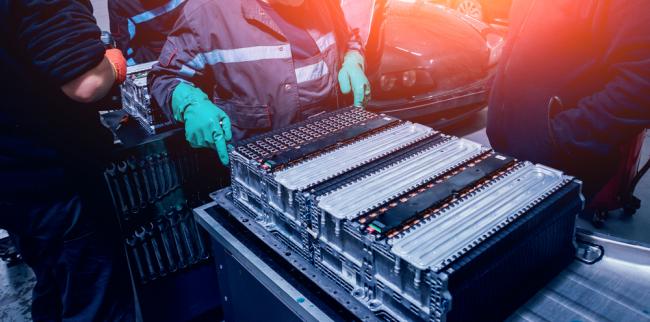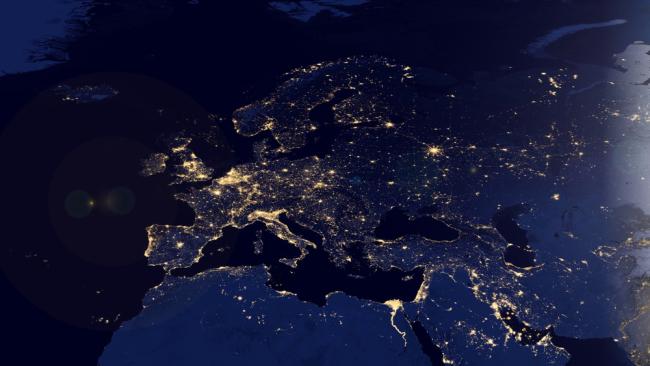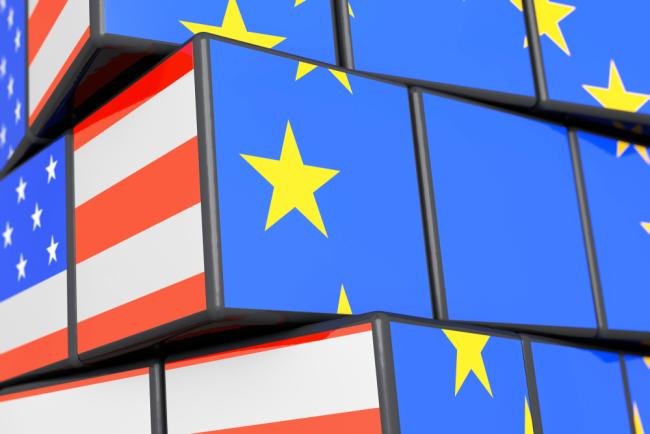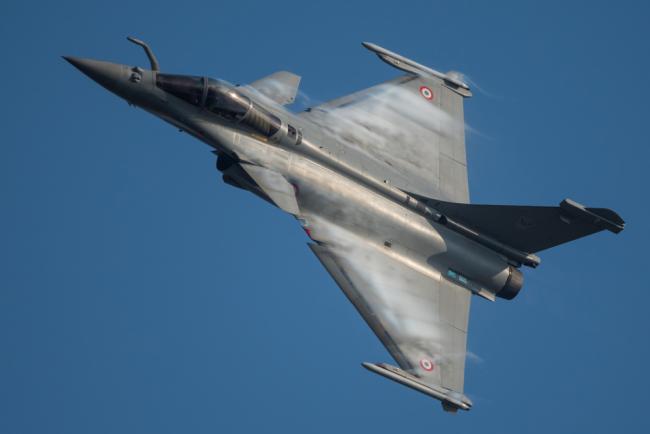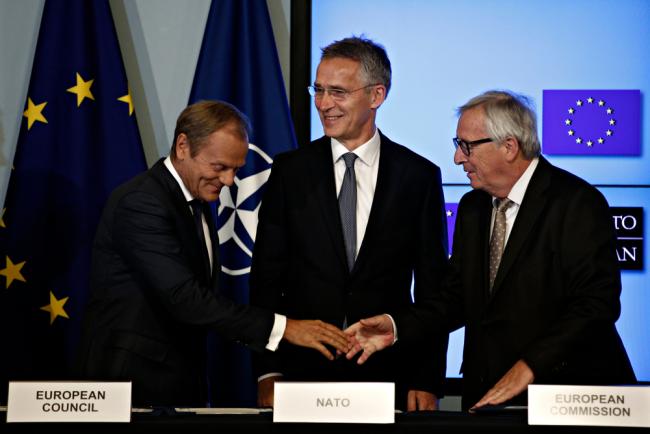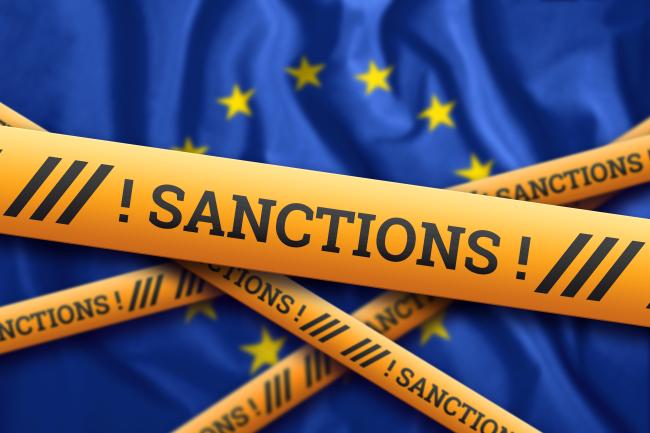Europe
Europe is described here in a geographical sense. It is not limited to the European Union, and includes, for example, the United Kingdom and the Balkans. It remains central to international relations.
Related Subjects

Opening up the G7 to South Korea to Address Contemporary Global Challenges

The G7’s global influence has diminished as powers like China reshape international governance through initiatives such as BRICS and the Shanghai Cooperation Organisation (SCO). With the G7 now representing just 10 per cent of the world’s population and 28 per cent of global GDP, its relevance is increasingly questioned.
The Recycling of Lithium-Ion Batteries: A Strategic Pillar for the European Battery Alliance
Although it is still marginal, the market for electric vehicles (EVs) is growing. According to the French Institute of Petroleum and Renewable Energies (IFPEN, Institut Français du Pétrole et des Énergies Renouvelables), EVs accounted for a little more than 2% of the light vehicle market in 2019. This was up by 54% compared to 2018, but EVs still only represent 0.8% of the global car fleet. That said, the International Energy Agency (IEA) estimates EVs could make up between 15% and 30% of vehicle sales in 2030.
The Gulf: New Center of the Middle East?
Amid the shift in major powers, the Persian Gulf is asserting its position at the heart of the Middle East.
The Green Deal’s External Dimension. Re-Engaging with Neighbors to Avoid Carbon Walls
The European Union (EU)’s Green Deal is a game changer with attention so far focused on forthcoming actions plans, the Climate Law, financial resources, the revision of the 2030 targets and of the emissions trading system (ETS).
Sanctions and the End of Trans-Atlanticism. Iran, Russia, and the Unintended Division of the West
Sanctions have become the dominant tool of statecraft of the United States and other Western states, especially the European Union, since the end of the Cold War.

Europe in the Face of US-China Rivalry
Navigating the mounting tensions between the United States and China is a geopolitical minefield. Is Europe up to the challenge?
What Does It Mean to Be a European Defense Company Today?
In many ways, defense firms in Europe should be pleased with the recent uptick in defense spending.
French Foreign Policy in the Age of Polycrisis
Under the presidency of Emmanuel Macron, France has set itself the goal of strengthening its international presence, being more proactive and defining the European reform agenda. However, the French room for manoeuver is limited.

Europe’s architecture of security in the current strategic environment: Taking the path toward "strategic autonomy"
As the world stage is marked by renewed great power competition, Europe lacks proper means to assert and defend its own independent political view. Despite this backdrop, the authors of this report contend that the current stalemate can be overcome with a collective and inclusive approach.
Mutual Reinforcement: CSDP and NATO in the Face of Rising Challenges
Over the past five years, several political and security developments have made it increasingly necessary to look at European Union (EU) / North Atlantic Treaty Organization (NATO) relations through a different lens.
The Sanctions Policy of the European Union: Multilateral Ambitions Versus Power Politics
Restrictive measures are a major instrument of the European Union (EU)’s external action, which has emerged as one of the world’s leading sanctions emitters. The EU has thus leveraged the size of its market and its economic and financial clout (trade relations, aid policy and bilateral agreements).
Launcher policy in Europe: from symbol to the market?
Launcher policy will be one of the major issues discussed at the upcoming ESA Council at Ministerial Level. Europe is at the crossroads, as it needs to find the adequate balance between political necessities (ensuring an autonomous access to space) and economic realities (reducing costs).
Gas Routes to Europe: Real Needs and Political Jockeying
The Energy Roadmap 2050 released by the Commission in December 2011 says it all: we will need more gas until 2030. Gas represents the default solution for a transition to an energy system with less GHG emissions. It also has great value as a back-up for intermittent renewable power generation. Therefore, stating that Europe still needs large quantities of gas means checking if supply volumes are available to satisfy growing demand.
Cruise Missiles and NATO Missile Defense: Under the Radar?
The purpose of this paper is to demonstrate that the threat of cruise missile proliferation is as equally challenging to NATO as the threat of ballistic missiles. Over the last two decades, the emergence of cruise missiles and UAVs as a threat has been slow, and governments, particularly the United States, have invested much less in cruise missile defenses than in ballistic missile defenses.
Dancing with the Bear: Managing Escalation in a Conflict with Russia
"Escalation", the tendency of belligerents to increase the force or breadth of their attacks to gain advantage or avoid defeat, is not a new phenomenon. Systematic thought about how to manage it, however, did not crystallize until the Cold War and the invention of nuclear weapons.
February Gas Pains in Europe - Coping Is Not Managing: the Italian Response to the Gas Crisis
The recent cold spell that gripped much of Europe was a test for the European gas network. In many countries temperatures fell dramatically to -10°C during the first week of February, even dropping a bone chilling - 22°C in some places.
As the European Commission(s Director General for Energy Philippe Lowe said during a speech at our Annual Conference last Thursday (February 16) in Brussels, Europe(s gas network was able to respond to the sharp increase in demand despite a simultaneous drop in supply from Gazprom.
2012, a turning point for Europe in space
In 2012, several crucial decisions lie ahead, most notably at the ESA Ministerial Council next fall and regarding the status of space within the next MFF of the EU. These will reveal the degree of political will to pursue an ambitious ESP in times of economic and financial constraint.
The European Power System - Decarbonization and Cost Reduction: Lost in Transmissions?
Europe’s energy policy is commonly defined by three axes of equal importance: security of supplies, competitiveness and sustainable development. The European Commission is mandated to develop the policy tools that allow the implementation of this common policy. Early on, challenges arose from the trade-offs to be made not only between these three pillars but also between a common European policy and national approaches. The European Commission has always had to struggle in attempting to keep a balanced line.
Key Trends in the European Earth Observation Sector
An ambitious Earth Observation (EO) policy could bring significant benefits to Europe both regarding the fight against climate change and the competitiveness of its EO industry and service sectors.
Gazprom and the EU: Raiding the Gas Companies
It was a matter of time before the Commission competition authorities looked into the business arrangements between Gazprom and its European partners. Some would ask why it took so long.
Commission Communication of the EU Energy External Policy: Was There an Alternative?
EU is the world’s largest net energy importer and consumer, so why do its Members continue to negotiate individually with the rest of the world rather than as one big market with a big voice?
Support independent French research
Ifri, a foundation recognized as being of public utility, relies largely on private donors – companies and individuals – to guarantee its sustainability and intellectual independence. Through their funding, donors help maintain the Institute's position among the world's leading think tanks. By benefiting from an internationally recognized network and expertise, donors refine their understanding of geopolitical risk and its consequences on global politics and the economy. In 2025, Ifri supports more than 80 French and foreign companies and organizations.







